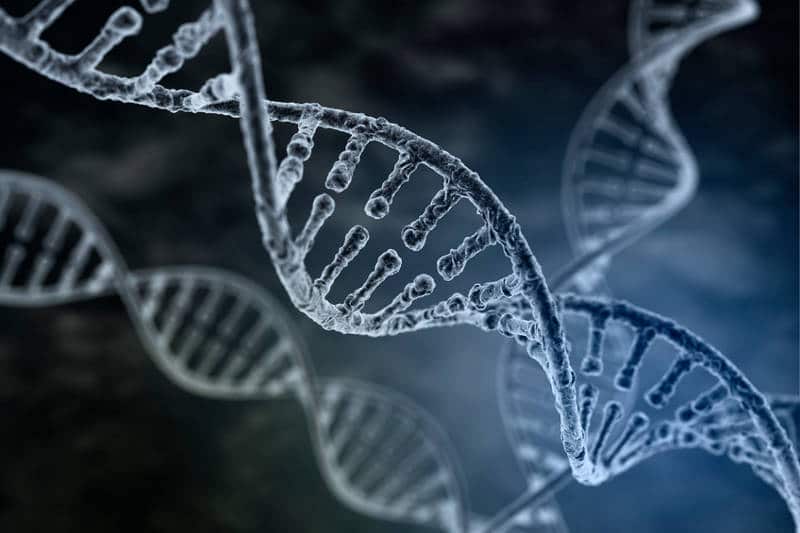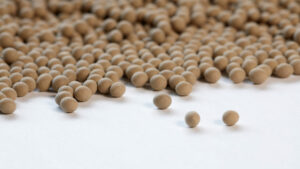Rothamsted Director Professor Angela Karp has joined with other leading UK scientists in welcoming the new Defra consultation on gene editing.
She said: “I am pleased that the consultation is now published and hope it will mean recent advances in gene editing technologies will soon be contributing to a more sustainable and productive farming sector. We’ve already seen the huge benefits genome editing brings to areas such as medicine – it’s now time to apply the same sort of innovation, together with responsible regulation, to our food production.
“Humanity faces some grave challenges over the coming decades, and the solutions that genome editing make possible cannot come too soon.”
Scientists believe genome editing of crops and livestock will lead to increased yields, improved nutritional content of food, and increased resilience to pests and diseases.
Benefits to the environment from the technology could include less land being used for farming and a reduction in farm inputs such as water, fertilisers, and pesticides – as well as a reduction in overall greenhouse gas emissions.
The consultation is over UK Government plans to regulate the products of precision breeding techniques in the same way as conventional breeding methods, rather than as GMOs as they are classified under EU law.
Countries such as Australia, Japan, Argentina, the US and Brazil already regulate genome edited agricultural products in this way.
Rothamsted’s Professor Johnathan Napier said: “This consultation sends an important message that the UK’s bioscience sector is open for business and equipped to meet the many challenges facing agriculture using new technology.
“Early benefits of gene editing for UK agriculture could include gluten-free wheat, oilseeds with heart-healthy fats, disease-resistant sugar beet and potatoes that are even healthier than those we have now.
“Gene editing can also help accelerate the improvement of orphan crops like cassava, millet, cowpea and yams, which are critical to food security in less developed parts of the world.”












